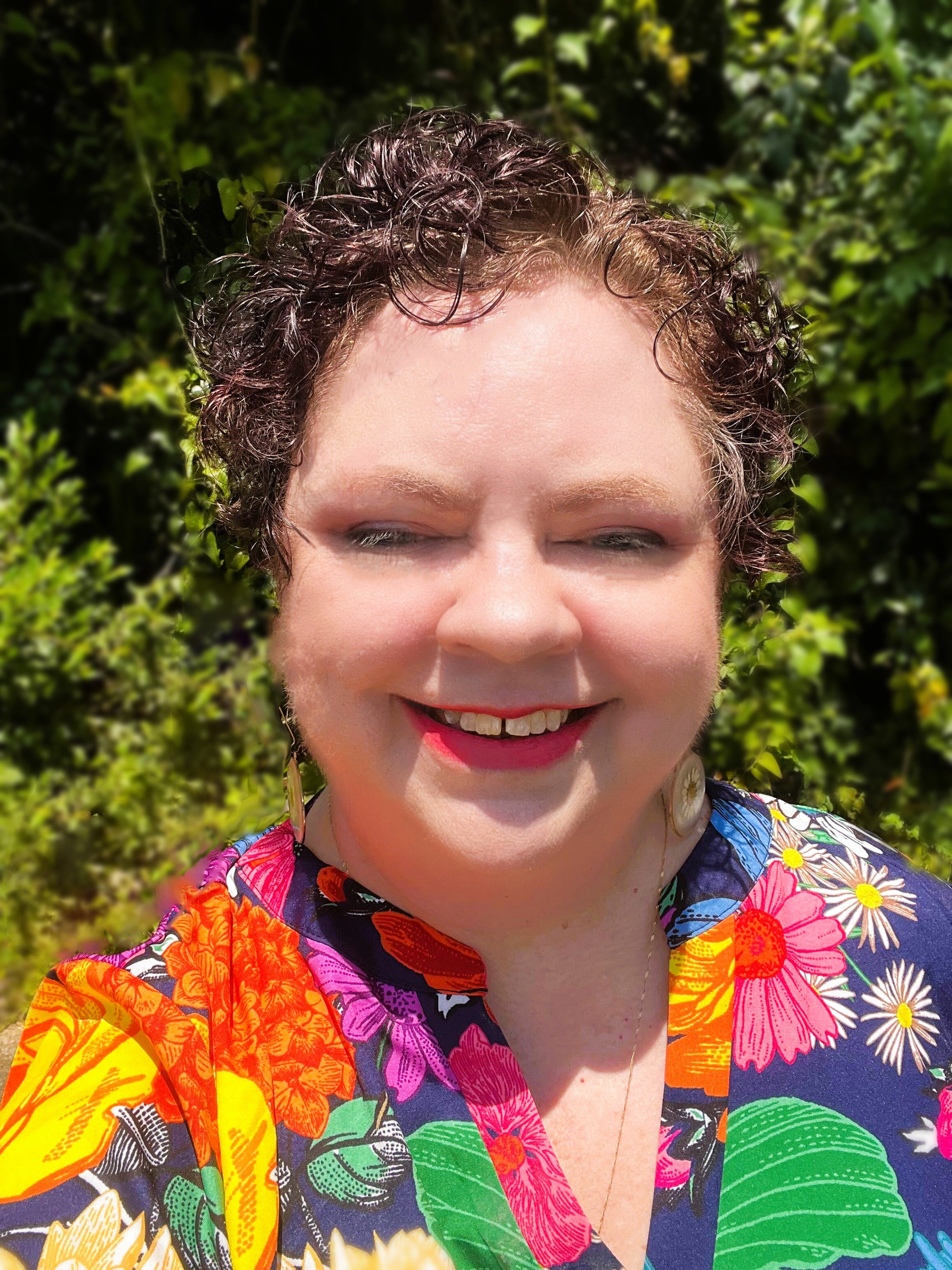Seminar instructs on humane, effective solution to feral cat problem
Published 5:13 pm Friday, August 13, 2010
When it comes to dealing with colonies of feral cats, there are choices to be made. You can choose to do nothing and let the problem of continued overpopulation of homeless cats escalate, watching hungry cats and dying kittens. You can trap and take the animals to a shelter, where they will more than likely be put down, causing more expense to taxpayers, putting more work on the shelter employees.
With cats being territorial creatures, the odds of more homeless, unsterilized cats moving in to take their place is very high. The noise, the smell, the nuisance continues.
So what is a humane and effective solution to this problem which affects a number of homes and businesses right here in Butler County?
During a seminar sponsored by the Butler County Humane Society, Dr. Rachel Tears of the Alabama Animal Alliance, Inc., a spay/neuter clinic in Montgomery, shared details of how their Trap-Neuter-Return (TNR) Program is helping reduce pet overpopulation and make the community a healthier one for humans and animals alike. Two videos were shown of successful TNR programs in other cities and Tears also demonstrated how the traps are used to catch the animals.
“Cats in a colony are trapped, neutered, ears tipped for identification-and at our clinic we also tattoo their stomachs-vaccinated for rabies, and then released back into their territory,” Tears explained.
Some feral cats are friendly enough, and some kittens young enough, to be socialized and made adoptable into loving homes, she added.
A designated caretaker for the colony makes sure food and shelter is offered to the returned cats and stays on the lookout for any new cats needing to be sterilized and vaccinated. Once returned, the neutered and spayed feral cats have proven to stay healthier and show significantly less aggressive/disruptive behavior. Natural rodent control-one of the things appreciated by home, business and industry owners-is maintained.
The AAA received grant monies through the PetSmart Foundation to sterilize 500 feral cats. They have already done surgery on 317, several of them from Butler County.
“Jesse McWilliams, owner of Real Pit Barbecue on Fort Dale Road, has already seen 11 of his feral cats fixed and returned, with another 15 due to take part in the TNR Program. Diane Salter has been looking after three colonies-behind Southside, on Milner St. and in an old barn-and she’s been having them fixed over the years at her own expense, so this is a blessing to her,” said Kandys Killough, a BCHS volunteer assisting with the TNR Program.
“We’ve also done three from Georgiana and nine of 10 feral cats in a colony off County Road 50. There are a lot of them out there in Butler County. People can’t stand to see them starve to death so they feed them. They keep having babies; the cats kill all the birds. It’s a real problem and this program is a great way to humanely deal with the situation.”
Glenda Easterling of the Montgomery Humane Society said in the two-and-half years the clinic has been conducting the program, intake at the Montgomery shelter has dropped 26 percent with euthanasia down 25 percent with adoption numbers on the rise. “It really does work,” Easterling said.
According to Tears, the AAA would be pursuing additional grant monies to sterilize more cats once their current monies run out.
“We had some citizens here today who are helping look out for feral colonies here in the county and we are going to do our best to help them find a solution,” said BCHS volunteer Annie Crenshaw. A total of 15 traps courtesy of the city, county and the BCHS will soon be available to use in the county.
Locally, Dr. Josh Gardner of Watson Animal Clinic has also agreed to work with the BCHS to provide low-cost spaying and neutering to low-income, Medicaid-eligible individuals in the county.
The next meeting of the Butler County Humane Society is Wednesday, August 25 at 1 p.m. at Old Mexico. All those interested in the welfare of animals in the county are encouraged to come early and enjoy lunch, then stay and learn how the organization is working to make a difference. Some of the BCHS’s new shirts will also be on display and for sale at the meeting. For more information, contact Herbert Morton at herbertandolga@centurytel.net.





